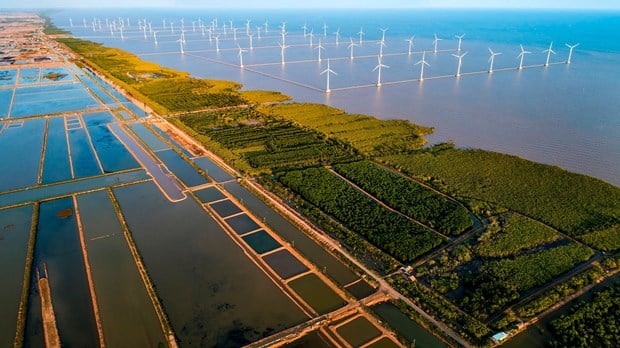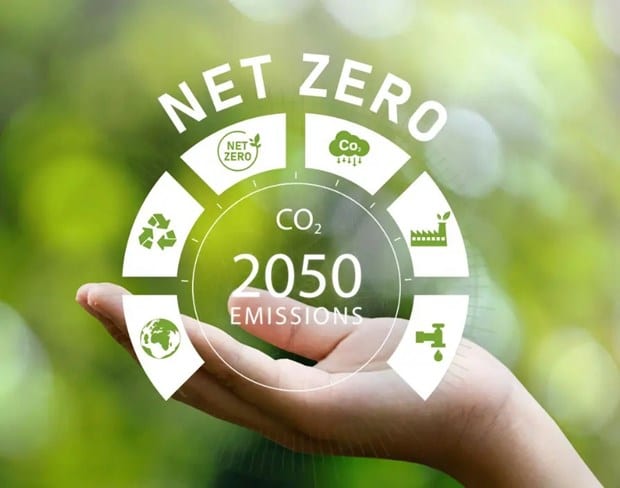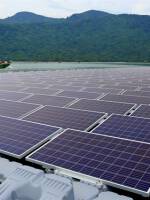
Vietnam has responsibly and practically joined international climate change treaties as part of the efforts to materialise a resolution adopted by the 11th-tenure Party Central Committee in this regard.
Resolution No. 24-NQ/TW on proactively responding to climate change, and strengthening natural resources management and environmental protection was issued by the Party Central Committee on June 3, 2013.
Under the document, Vietnam will proactively cope with climate change by 2050, and fulfill specific goals in service of the country’s sustainable development.
The Ministry of Natural Resources and Environment (MoNRE) reported that since 2013, the country has participated in 11 international treaties and agreements on climate change, including the Paris Agreement, the Doha Amendment to the Kyoto Protocol, and the Glasgow Leaders’ Declaration on Forests and Land Use.
Notably, at the 26th UN Climate Change Conference of the Parties (COP26) in the UK in 2021, Vietnam committed to achieving net zero emissions by 2050 and cutting methane emissions by 30% by 2030 as compared to 2020, and signed the Global Coal to Clean Power Transition Statement.

On that basis, the Prime Minister approved a project on tasks and solutions to implement COP26 outcomes, a national strategy on climate change by 2050, and an action plan on methane emission reduction by 2030.
Vietnam has also updated the nationally determined contributions (NDCs) report. In the 2022 NDCs, the country raised its commitment level in line with the roadmap of bringing net emissions down to zero by 2050.
It and the International Partners Group (IPG), comprising Canada, France, Germany, Italy, Japan, the UK, the US, the European Union, Denmark, and Norway, issued a political declaration on the establishment of the Just Energy Transition Partnership (JETP) on December 14, 2022.
To put the declaration in place, the JETP Secretariat was established under the Prime Minister’s Decision 845/QD-TTg dated July 14, 2023.
The MoNRE has coordinated with other relevant ministries and agencies in building a project implementing the JETP, which sets specific targets and tasks for ministries, agencies, organisations and localities.
The project also aims to boost renewable energy development and energy efficiency, contributing to achieving the above-said roadmap, according to the ministry.
Through the project, the Southeast Asian nation will receive and effectively use international support in technology transfer, administration, and personnel training, as well as financial assistance from international partners for the implementation of the declaration.
Specifically, Vietnam will build and perfect a legal framework to attract investors, businesses and individuals to just energy transition, and to promote technology transfer by 2030.
The country will also build smart, modern electricity production, transmission, storage, distribution and operation infrastructure for large-scale integration of renewables.
It expects to produce equipment in service of the domestic renewable energy sector by that time./.
(VNA)




